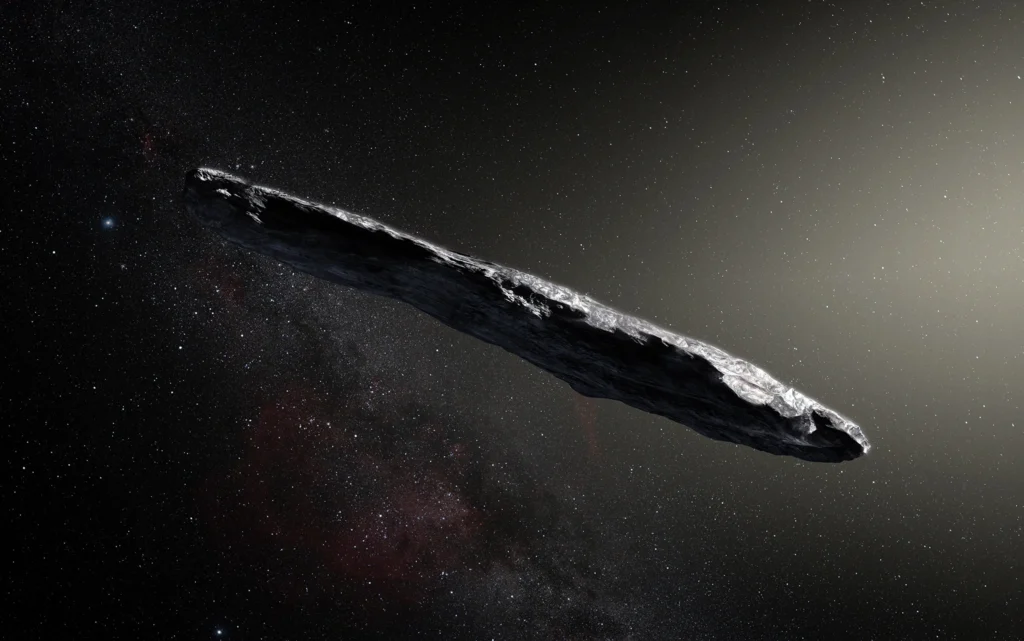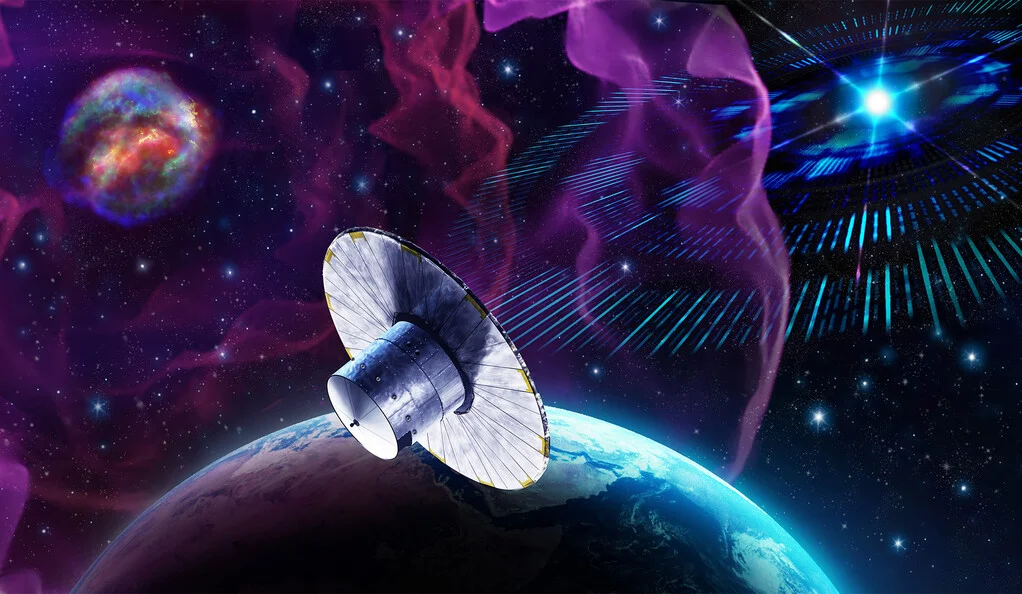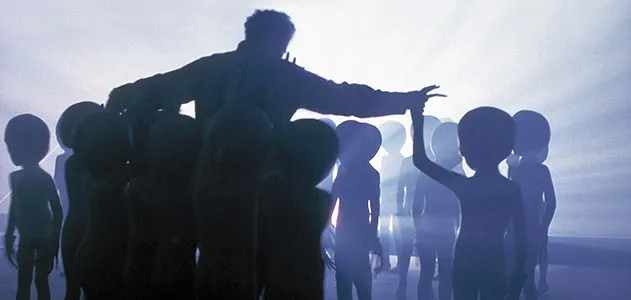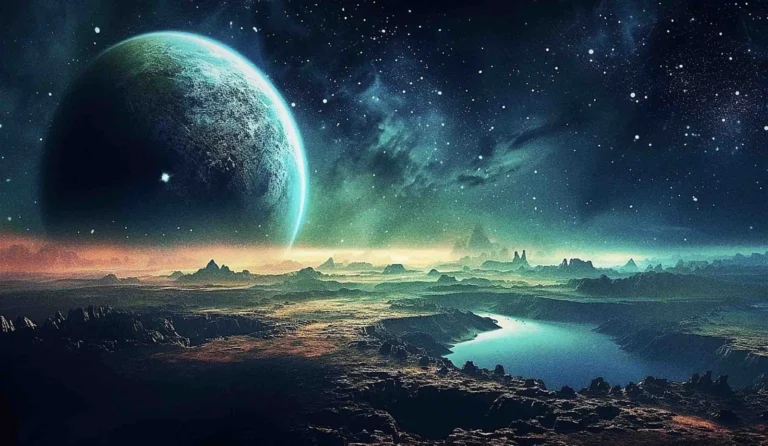Welcome to an intriguing exploration into one of the universe’s most captivating questions: Do beings on other planets consider us aliens? This comprehensive guide delves into the scientific, philosophical, and cultural aspects of this question, exploring our understanding of extraterrestrial life and how it might perceive us. Join us as we traverse through historical theories, current astrobiology research, and the speculative realms of interstellar communication.
Concept of Alien Life in Historical Context
Long before modern science brought us closer to discovering extraterrestrial life, humans have pondered whether beings on other planets might consider us as foreign as we consider them.

Ancient Astronomical Theories and Alien Life
Historical figures from different cultures looked at the stars and wondered about life beyond Earth. Ancient Greek philosophers like Epicurus proposed that there were infinite worlds, some possibly inhabited, suggesting early ideas of extraterrestrial life.
Modern Scientific Inquiries into Extraterrestrial Life
With the advent of more advanced telescopes and space exploration technologies, scientists have begun to seriously consider the possibility of life on other planets. This shift has expanded our understanding of what life means in a cosmic context.

Astrobiology and the Search for Extraterrestrial Intelligence
Astrobiology, the study of life’s potential in the universe, provides the framework for understanding how beings on other planets might perceive us.
Defining Life Beyond Earth
Astrobiologists define life broadly to include any organized matter that shows a capacity for growth, reproduction, and reaction to stimuli. These criteria could mean that extraterrestrial life might not resemble life as we know it.
The Role of SETI and Its Implications for Interstellar Perception
The Search for Extraterrestrial Intelligence (SETI) has been actively scanning the cosmos for signals that might represent communications from alien civilizations. If such communications were ever confirmed, it would fundamentally change our understanding of our place in the universe. Explore current SETI projects at SETI Institute’s official website.
Theoretical Considerations: How Might Aliens Perceive Us?
Speculating on how extraterrestrial beings might view us involves a blend of scientific theory and imaginative conjecture.
Humanity as an Alien Concept
If extraterrestrial beings have developed under entirely different environmental conditions, their concept of “alien” might differ vastly from ours. They might perceive us in ways that are difficult for us to imagine, based on sensory inputs and cognitive structures unique to their world.
Communication Barriers and Misunderstandings
Even if we were to contact extraterrestrial beings, differences in language, signals, and modes of thought could present significant barriers to understanding. These challenges are akin to those faced in deciphering ancient scripts or communicating across diverse human cultures.

Philosophical and Ethical Implications of Contact
Contact with extraterrestrial beings would raise profound philosophical and ethical questions about our identity and responsibilities.
Philosophical Reflections on Humanity’s Place in the Universe
Such an encounter would force us to reassess philosophical notions of life, consciousness, and our significance in the cosmos. It might also prompt a reevaluation of our ethical obligations toward other forms of life, whether terrestrial or extraterrestrial.
Ethical Considerations of Interplanetary Contact
The possibility of exchanging information with beings from other planets brings up critical ethical considerations. How do we ensure that such interactions are conducted responsibly and beneficially for all involved?
Concluding Thoughts: Expanding Our Cosmic Horizons
Do beings on other planets consider us aliens? While we may not yet have the answer, continuing to explore this question expands our understanding of life and intelligence beyond Earth. Each discovery in this field brings us closer to understanding not just the universe, but also the essence of what it means to be human.


